
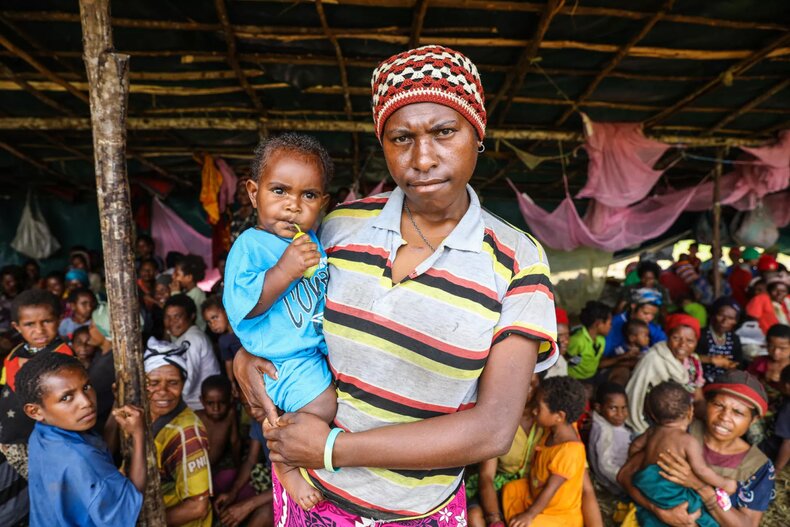
According to the United Nations, violence against women and girls continues to be one of the most pressing human rights issues of our time, deeply rooted in global societies. Despite growing awareness, statistics reveal the scale of the crisis: globally, an estimated 736 million women — nearly one in three — have faced physical or sexual violence by a partner or non-partner at least once in their lives. The International Day for the Elimination of Violence against Women calls for global solidarity and concrete action, urging all sectors of society to work towards ending this pervasive scourge.
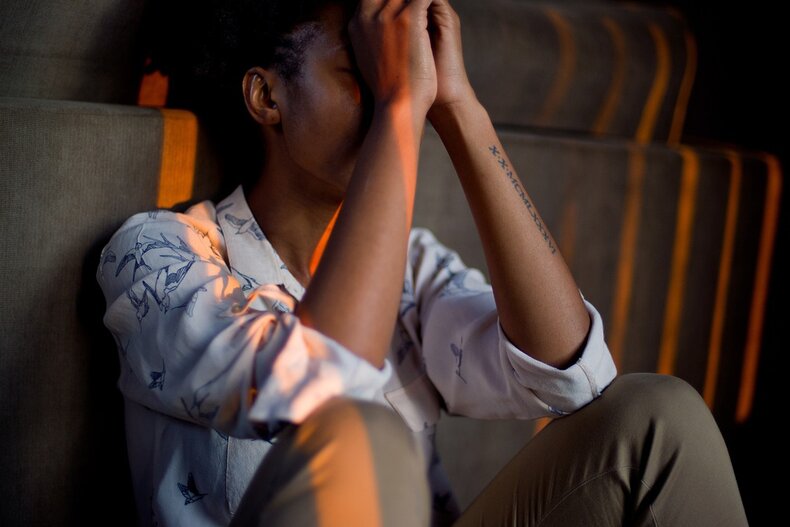
Every hour, more than five women or girls are killed by a family member, highlighting the tragic reality that many women face danger within their own homes. Yet, 86% of women and girls worldwide live in countries without adequate legal protections against gender-based violence. Although international organizations emphasize the need to prioritize this issue, only a fraction of government aid — roughly 5% — targets violence against women and girls, with a mere 0.2% directed toward prevention.
On this date, we join the UN in saying that investments in women’s organizations, comprehensive legal reforms, enforcement mechanisms, and accessible survivor support services are urgently needed. Law enforcement and judiciary officials also need better training to understand and combat gender-based violence effectively.
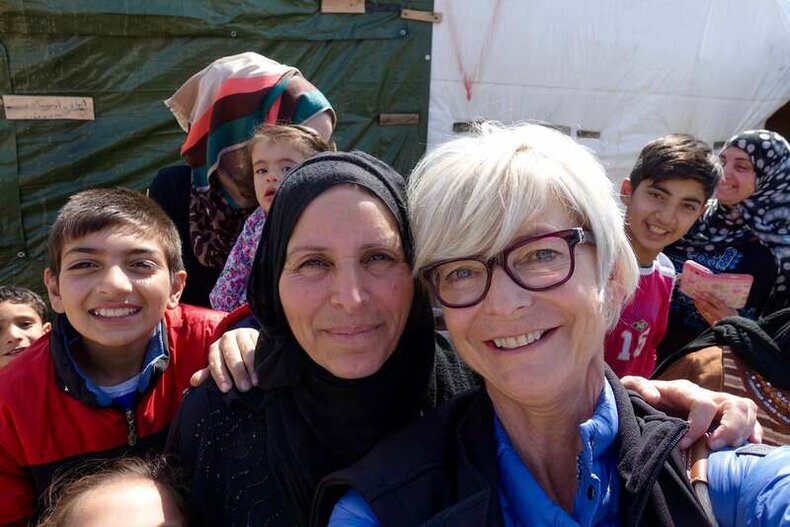
Multicultural societies bring together diverse values and traditions, some of which may be rooted in patriarchal structures that tolerate or even justify violence against women. In some cultures or countries, like in Ghana, norms that reinforce male dominance can make gender-based violence more socially acceptable, creating additional barriers for women to seek help or for communities to enact change. However, multiculturality also brings opportunities: intercultural dialogue can foster more inclusive policies and increase awareness of human rights standards that protect all individuals, regardless of gender.
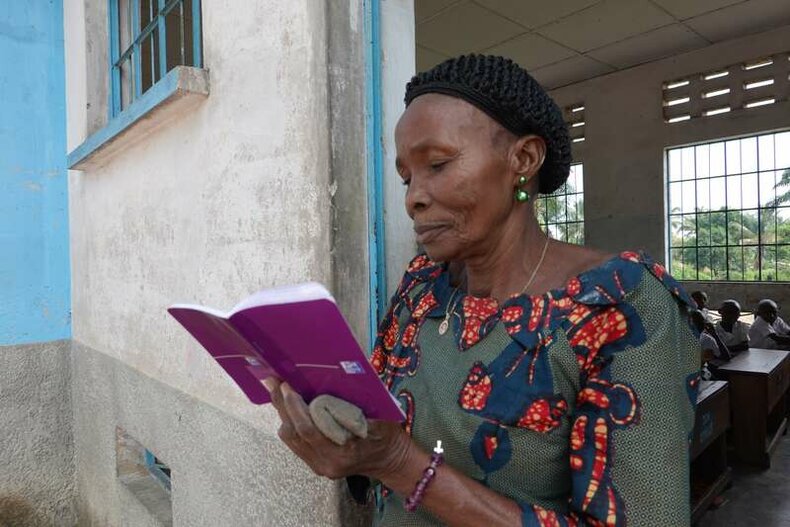
Today, intolerance and discrimination often complicate efforts to combat violence. For example, immigrant women in many countries face unique challenges; they may hesitate to report abuse due to language barriers, fear of deportation, or lack of community support. Meanwhile, women from marginalized ethnic or religious groups often encounter discrimination in the legal and social services systems, further limiting their access to safety and justice.
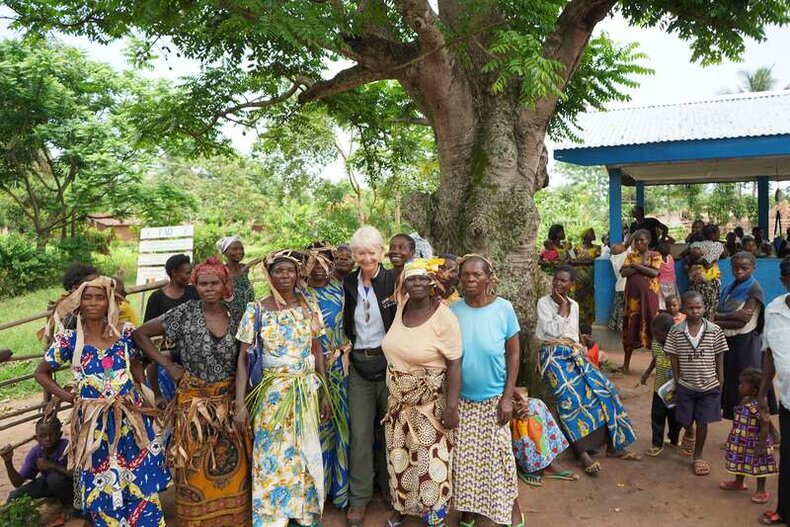
A 2022 report by UN Women found that only 40% of women experiencing violence seek any form of help, with a mere 10% reporting incidents to law enforcement. These low numbers stem from fear, social stigma, and lack of confidence in legal systems.
For many women, the social and familial backlash is a significant deterrent, especially in conservative or patriarchal communities where victims of violence often face victim-blaming or shaming. To change this, the global community must work to foster a culture of zero tolerance toward gender-based violence, educating both men and women on the importance of respect and equality.

Tolerance for diversity — in beliefs, backgrounds, and lifestyles — also plays a pivotal role. Gender equality is achievable only if societies embrace the values of inclusion and equality for all, challenging the stereotypes and prejudices that often perpetuate violence against women. Campaigns aimed at young people are crucial, as they shape the perspectives of future generations and reduce acceptance of violence in any form.
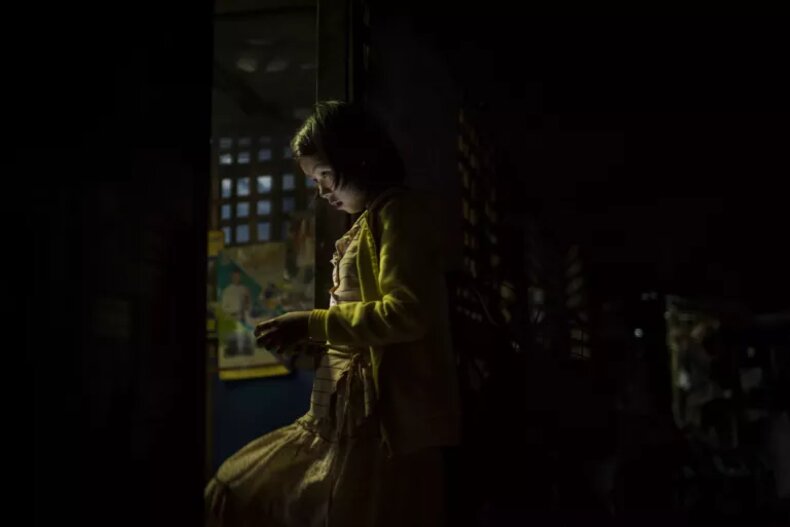
A multifaceted approach is essential to eradicate violence against women. According to the UN, the following are key areas for immediate action. First of all, countries must strengthen laws against gender-based violence and ensure their effective implementation. Legal protections for women must be comprehensive, encompassing protections against domestic violence, sexual harassment, and digital abuse.
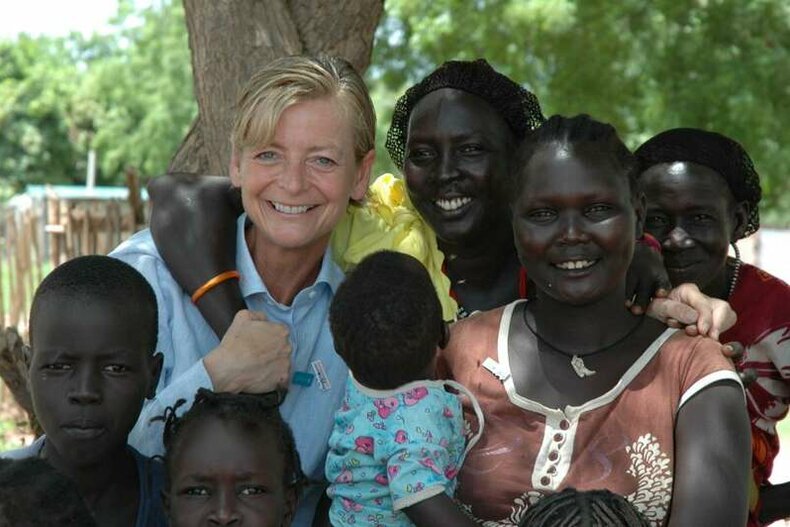
Moreover, there should be greater investments made in women’s organizations: Women-led organizations, often the first responders in cases of abuse, are underfunded. Increased financial support would allow these organizations to expand their services, reach marginalized communities, and advocate for systemic changes.
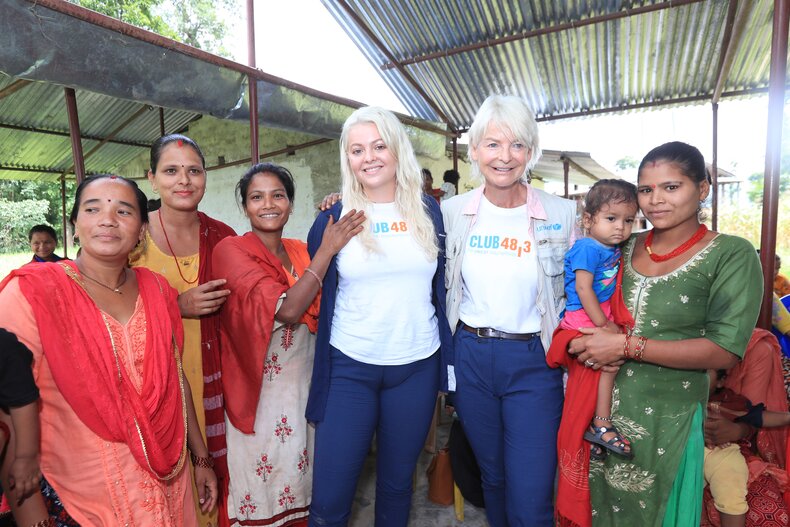
Finally, educational and awareness campaigns should be organised. Engaging boys in these campaigns is crucial to changing attitudes toward women and reducing tolerance for violence. Educational programs in schools should emphasize gender equality and respect, creating a foundation for healthier relationships.
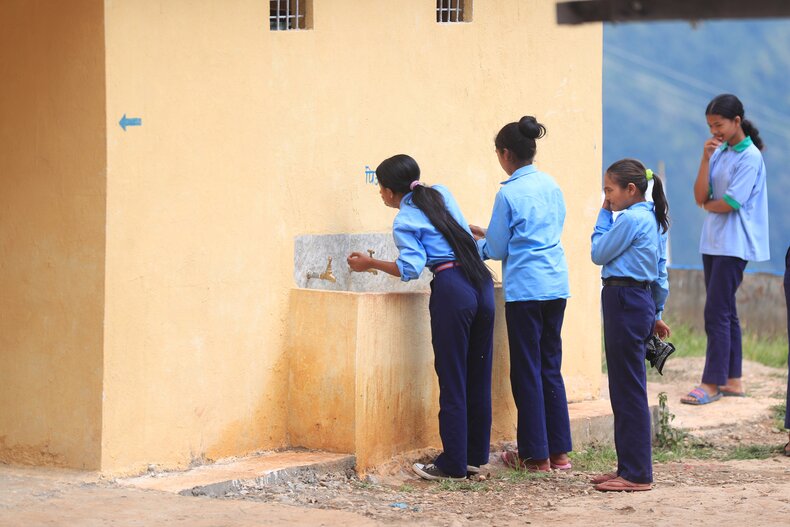
“The International Day for the Elimination of Violence against Women is a reminder that while progress has been made, there is still a long way to go,” says Ann Kathrin Linsenhoff. This day urges us to act, not only in recognition of the profound impact of violence on women and girls but also in commitment to a world where all individuals, regardless of gender, can live without fear of violence.
“The global community has a moral and ethical obligation to protect women’s rights, promote gender equality, and dismantle the social and cultural norms that perpetuate gender-based violence,” she adds.
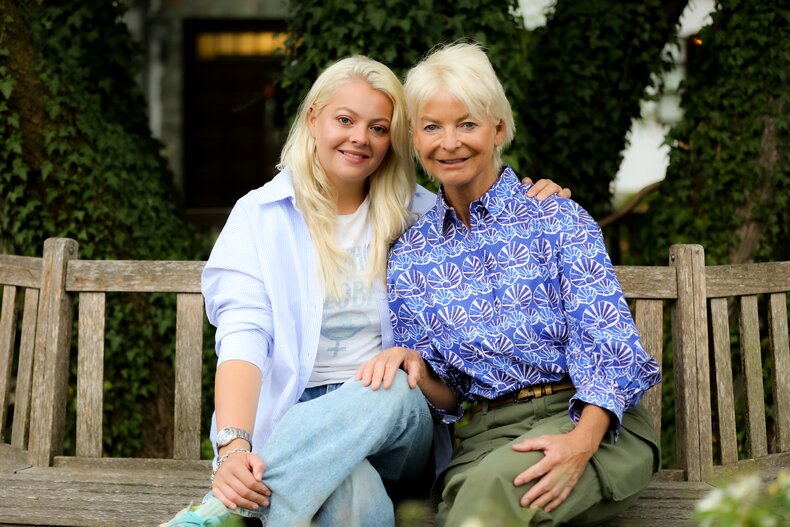
Ending violence against women requires a sustained, coordinated effort across societies and governments, supported by individuals who are willing to stand up for change. By embracing multiculturalism, fostering tolerance, and committing to comprehensive reforms, we can create a safer, more equitable world for women and girls everywhere.
Yours
sincerely

